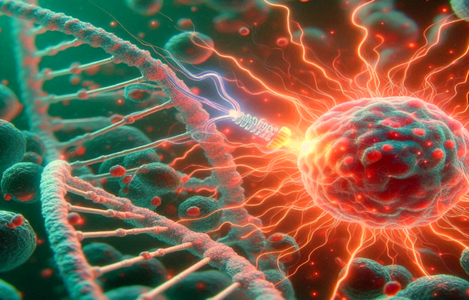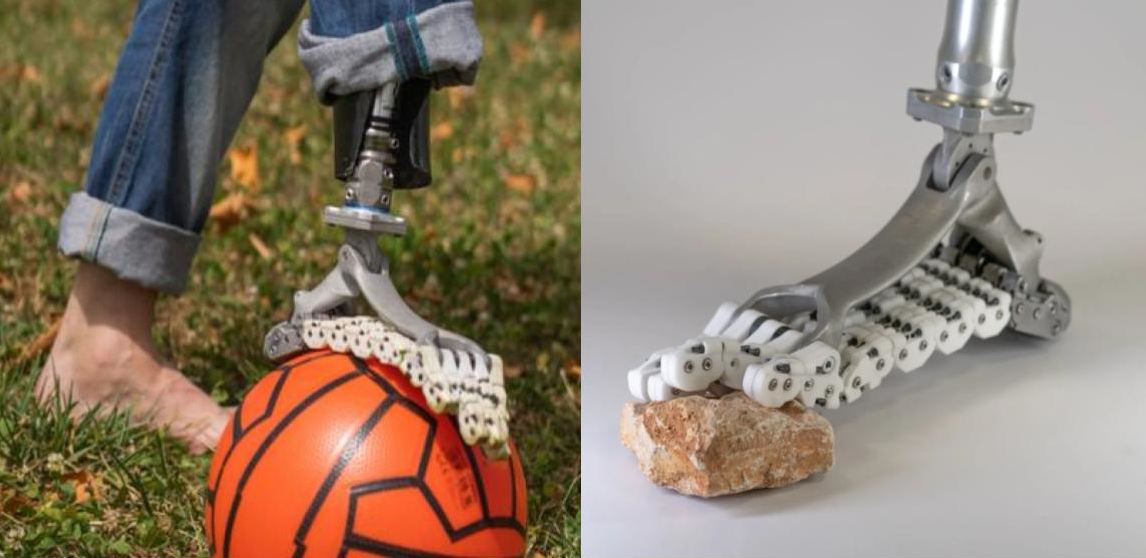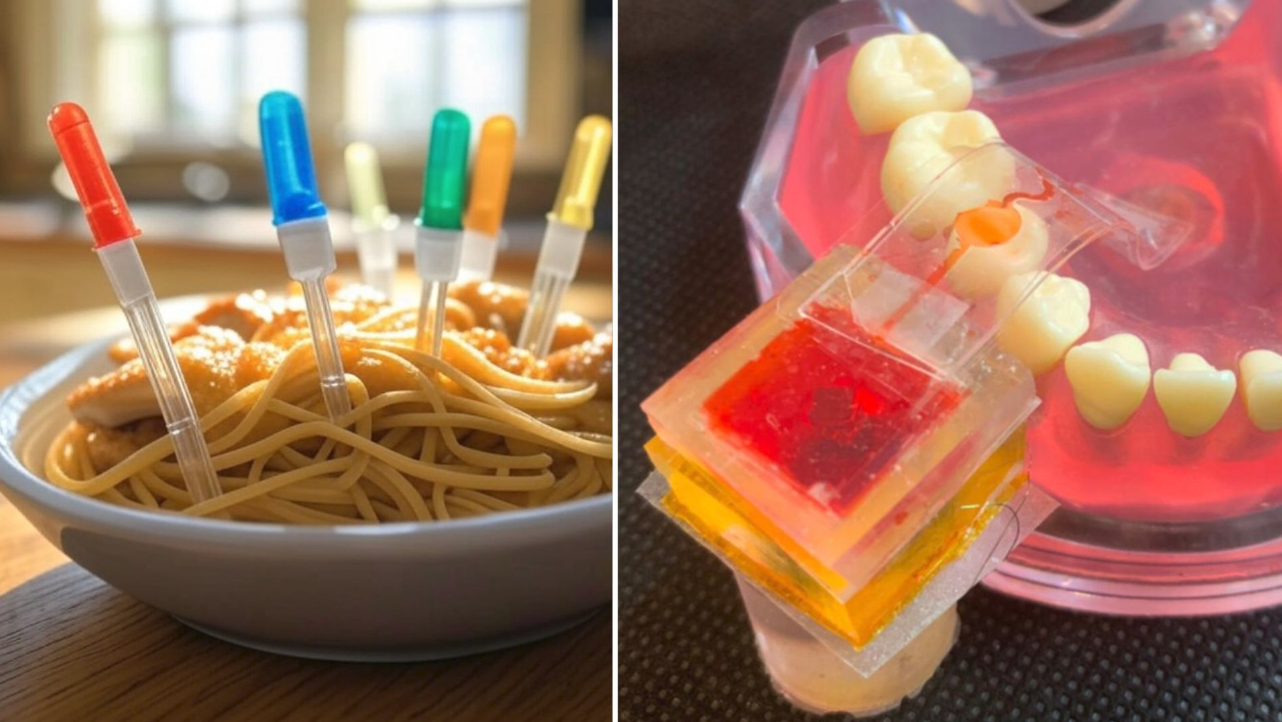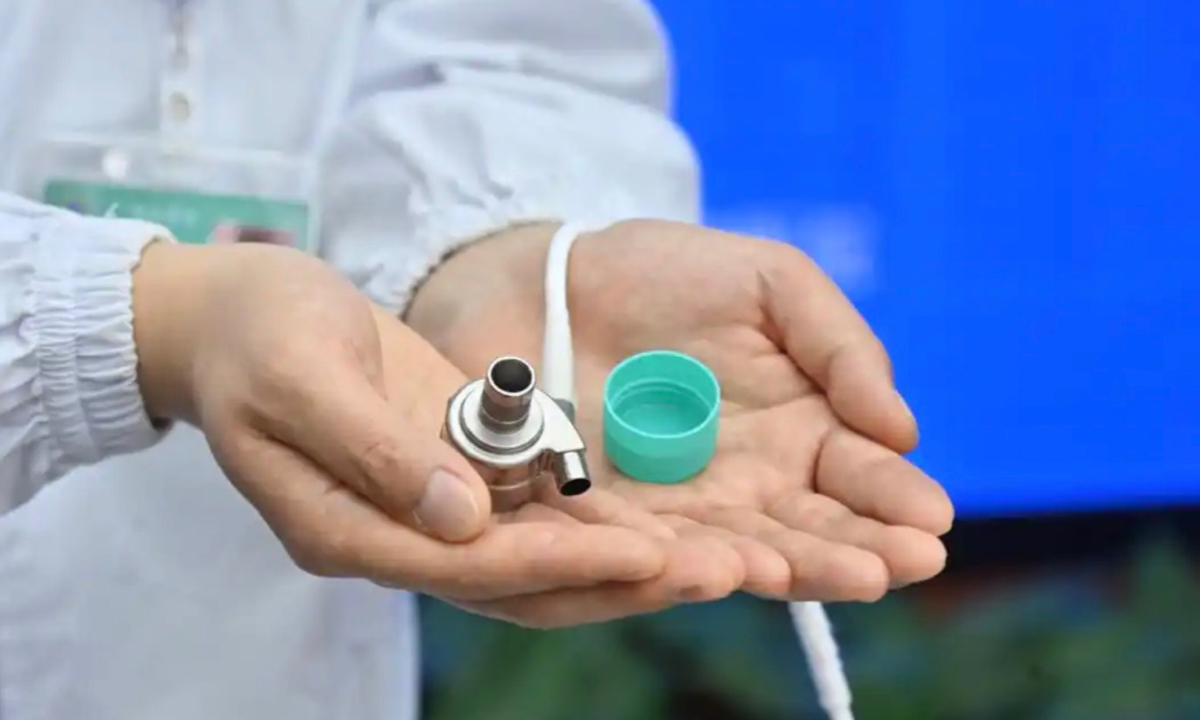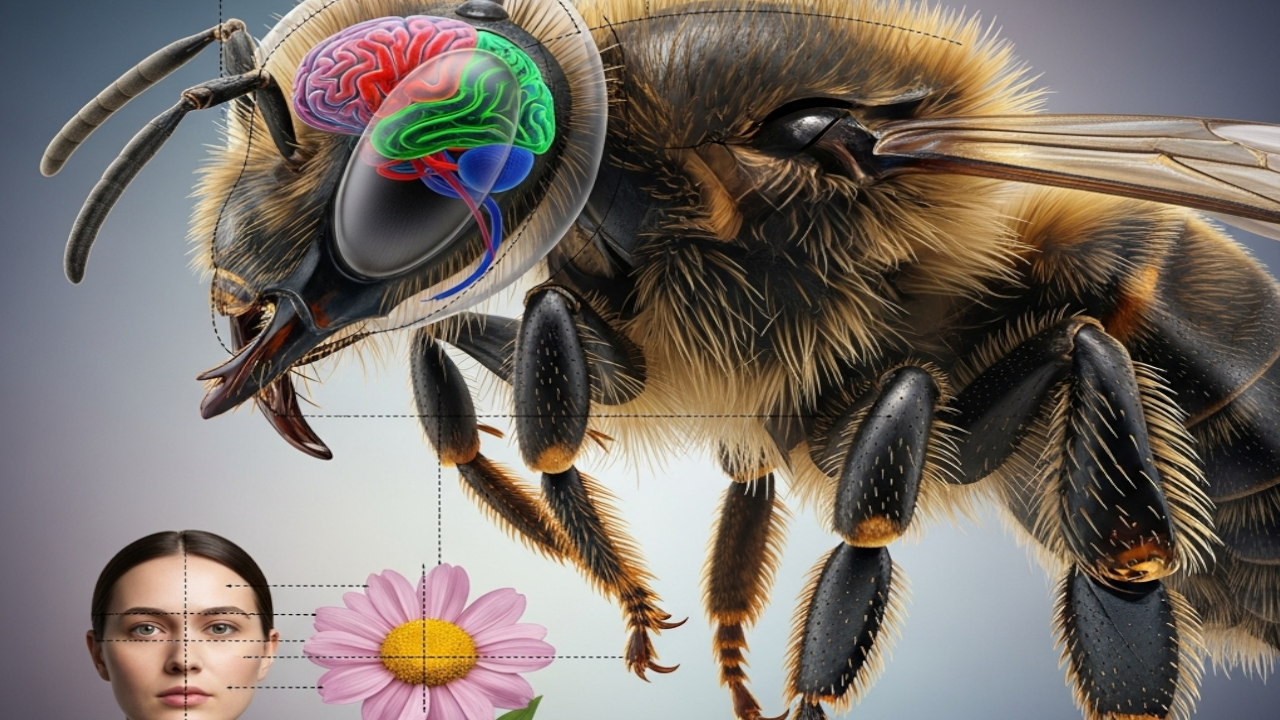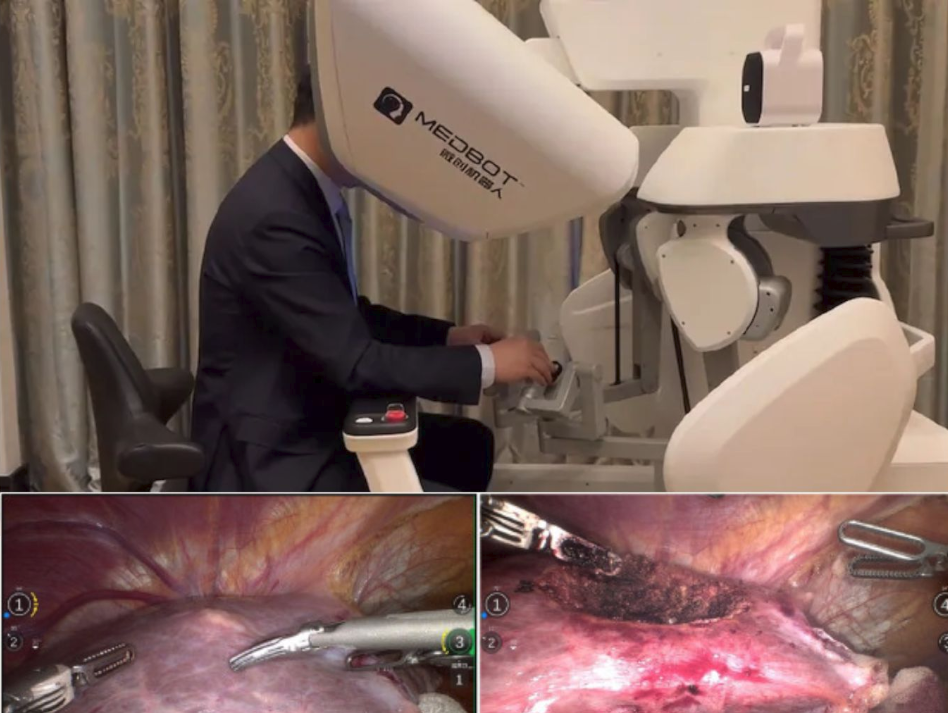Current cancer treatments like chemotherapy and radiation often damage healthy cells in addition to cancer cells. Researchers are actively developing new therapies with improved precision, aiming to specifically target and eliminate only cancer cells.
One promising approach involves nanobots, microscopic machines designed to deliver targeted treatments directly to cancer cells. Researchers at the Karolinska Institutet in Sweden have made significant progress in this area by developing DNA origami nanobots. These nanobots, built from nanoscale structures using DNA, carry a weaponized peptide (a chain of amino acids) that binds to cancer cell receptors and triggers a self-destruction process within the cancer cell.
Crucially, the peptide must only bind to cancer cells. The nanobots achieve this by leveraging the acidic environment surrounding tumors (low pH). The peptide remains concealed within the nanobot at a healthy pH of 7.4, but becomes active in the acidic environment around cancer cells (around pH 6.4). This selective activation significantly reduces the risk of harming healthy cells.
In mice with breast cancer tumors, researchers observed a significant reduction in tumor growth (70%) when treated with the nanobots carrying the lethal peptide. This finding suggests promising potential for this targeted therapy.
These successful tests in mice mark a promising step towards using nanobots with this specific activation mechanism for cancer treatment. The next stage focuses on refining the targeting further. Researchers aim to equip the nanobots with the ability to recognize and bind to specific cancer cell types. This enhanced precision could pave the way for trials in animal models with tumors more closely resembling human cancers.
